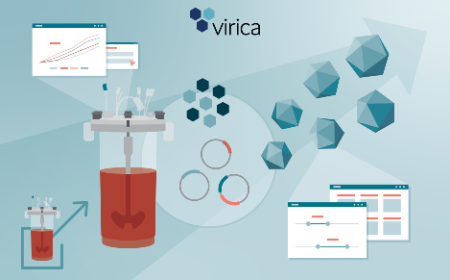Improving AAV productivity and packaging efficiency for transient and producer cell lines through plasmid engineering
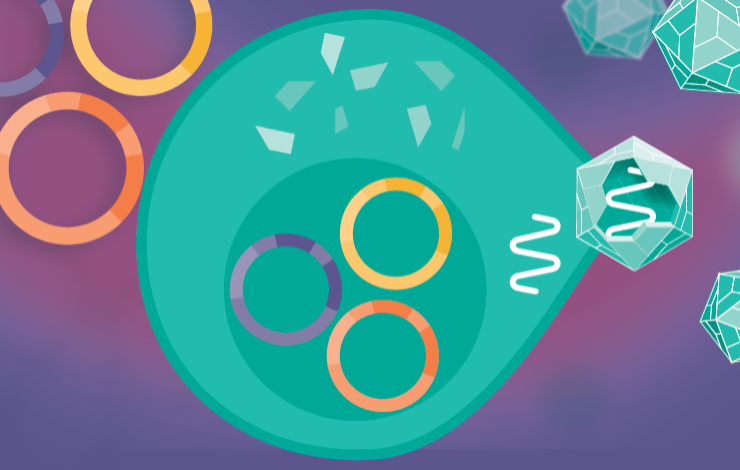
Adeno-associated virus (AAV) gene therapy has shown immense promise in treating various genetic disorders. Reducing AAV production costs will enable its use on a larger scale, and make gene therapy more accessible to a broader population. Enhancements in AAV productivity and genome packaging efficiency, specifically the full-to-total capsid ratio (F/T ratio) can result in more effective therapies, at reduced cost. In this webinar, we will present plasmid and cell engineering approaches to enhance these aspects in HEK293 cell line platforms.
Firstly, we will discuss novel design engineering in the pHelper and pRepCap plasmids to support increased AAV titers and an improved F/T ratio in the upstream crude harvest using a triple-plasmid transfection process. The performance of this platform has been independently measured at both Lonza and Bristol Myers Squibb R&D labs, demonstrating significant improvements across various AAV serotypes and client-specific genes of interest (GOIs).
The development of our helper virus-free AAV Producer Cell Line (PCL) platform technology will also be described. Leveraging proprietary high-producer HEK293 cells, selected PCL clones have demonstrated superior performance with higher AAV titers (>1E12 vg/mL) and comparable-high AAV genome packaging (>30% full capsids) at harvest. This technology enables high-quality commercial AAV manufacturing with significantly reduced costs and process complexity.
These AAV Transient and PCL platforms represent a leap into next-generation technologies that are set to drive gene therapy commercialization.
- F/T ratio is an important measure that can help drive COGS reduction for AAV-based gene therapy drugs along with titer increments
- Various plasmid and cell engineering approaches can help achieve significant process improvements
- Lonza platform technologies are available to Pharma and Biotechs to license to own labs for evaluation
You might also like
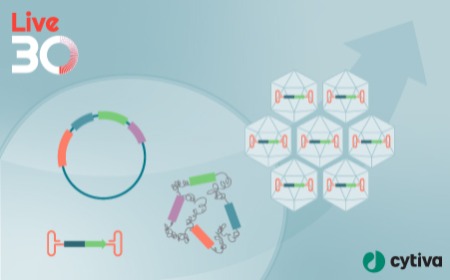
It’s a match: cell line engineering for AAV manufacturing expands the options for therapeutic programs
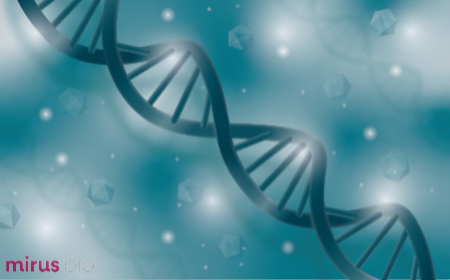
Improving AAV productivity: a technical deep-dive into next-generation solutions for cell and gene therapy applications
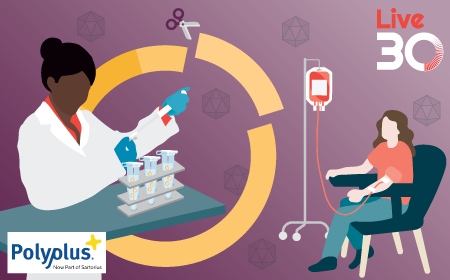
Integrated plasmid engineering and manufacturing process: a unified approach from lab to clinic
